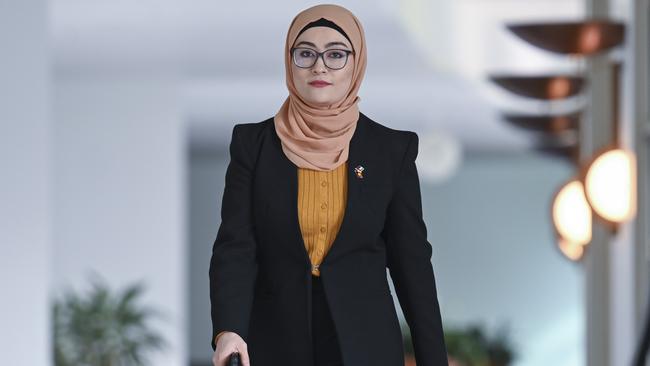
For starters, there are so many varieties of Muslim believers – primarily focused on the majority Sunnis and the minority Shiites. And then there are Muslim Australians whose backgrounds are from such diverse nations as Afghanistan, Egypt, India, Lebanon, Pakistan, Turkey and more.
Which suggests the proper reference is to Muslim communities in Australia. Just as there are Christian, Buddhist, Taoist and Hindu communities. And what about the Muslim vote? Especially since an organisation has created a website titled “The Muslim Vote”.
This obtained substantial coverage this week when it declared: “The next federal election signals a shift. We will no longer accept being taken for granted. Australian Muslims are a powerful, united force of nearly one million acting in unison. The Muslim Vote alone is capable of forcing the current government into minority government. In 2024, we are focused on federal seats where the Muslim vote can influence the outcome.”
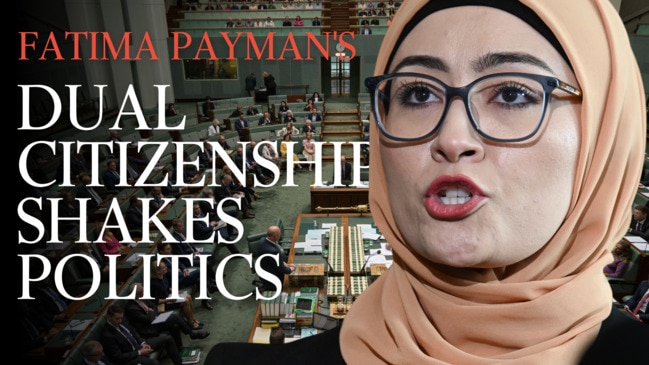
There followed a list of 27 seats in all Australian mainland states plus the Australian Capital Territory. The first two seats on The Muslim Vote’s list were Watson and Blaxland in southwest Sydney. The former is held by Tony Burke, the Industrial Relations Minister; the latter by Jason Clare, the Education Minister.
According to The Muslim Vote, Muslims in the seats of Watson and Blaxland constitute 21.1 per cent and 31.7 per cent respectively. But these figures are for total populations and include those too young to vote, along with those not enrolled as electors by the Australian Electoral Commission.
Since there are many young Muslims in Australia, along with Muslims who are not citizens, the percentage of voters in both seats is likely to be lower than the population figures. Moreover, not all Muslims vote in unison.
And then there are the harsh electoral realities. In May 2022, Burke received 51.0 per cent of the first preference vote – in other words, majority. At the same election, Clare obtained 55 per cent of the primary vote – another absolute majority.
After the notional allocation of preferences, the respective two-party-preferred vote (ie, a total vote after the distribution of preferences) was 64.9 per cent and 65.1 per cent. These are solid majorities.
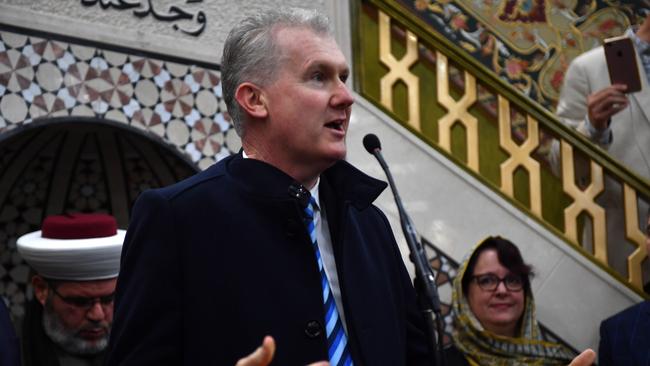
On July 2, Gamel Kheir (secretary of the Lebanese Muslim Association) was interviewed by Patricia Karvelas on ABC Radio National Breakfast. Kheir declared: “Look, I don’t personally want anyone unseated”, and added that both MPs had been “very, very vocal in supporting the (Muslim) community”. But apparently, Kheir wants them out of Australian national politics.
And then there’s the matter of winning elections. It’s most unlikely that some candidates endorsed by The Muslim Vote could win Watson or Blaxland on first preferences. In order to prevail, they would have to receive preferences from unsuccessful parties.
On current evidence, there are not enough Greens votes in either seat to make much of a difference. Moreover, it is most unlikely the Liberal Party would preference a candidate representing a Muslim-only party.
Dr Jamal Rifi, a highly regarded Sydney-based general practitioner, was interviewed on Sky News’ The Bolt Report last Wednesday. Asked by Andrew Bolt whether he supported “a Muslim party or independents backed by the Muslim vote”, Rifi responded: “Definitely not.”
Asked why, Rifi said Australia is “well served by different parties that exist”, and advised that he wanted “to be part of the mainstream”. Rifi added: “We in southwestern Sydney (have) been very well served by our sitting members of parliament.”
In response to Bolt’s question as to where the push for a “Muslim only” party comes from, Rifi responded: “To be honest, I don’t know”, and “many other community members … don’t know”. It is notable that The Muslim Vote website contains no details of this kind.
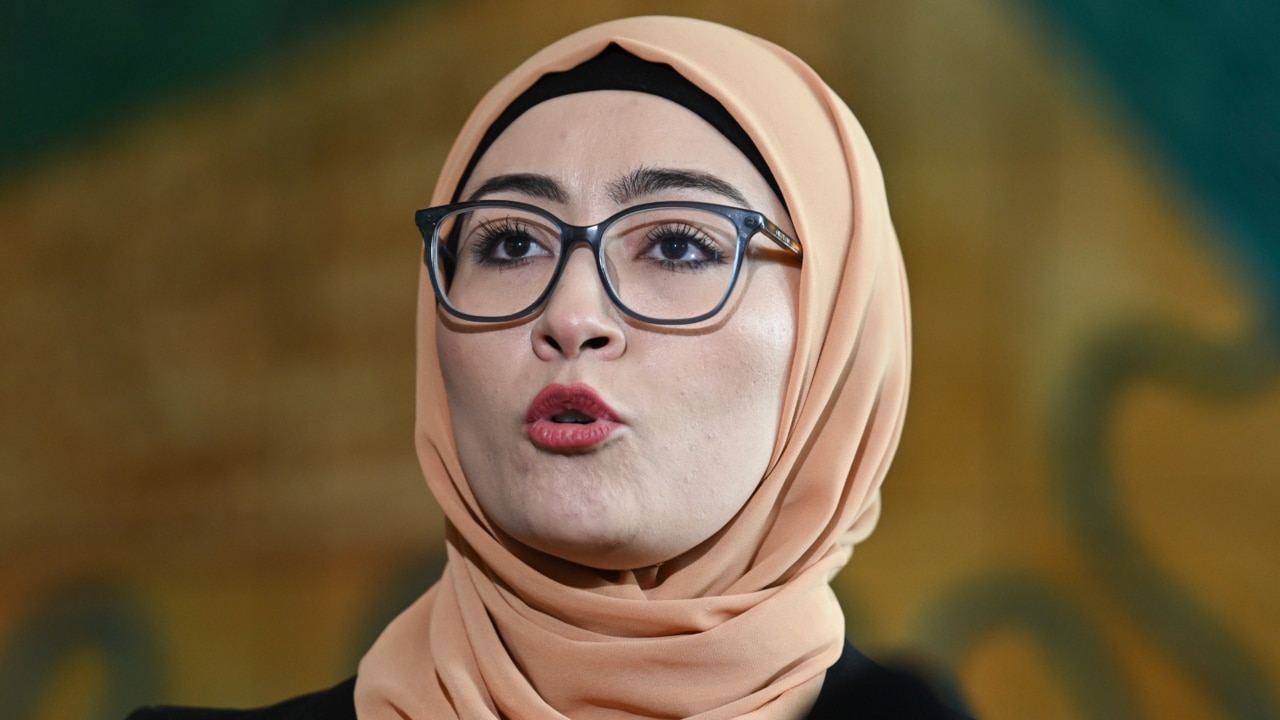
On Thursday, Fatima Payman became the latest senator to quit the party that put them into national politics, to go and sit on the Senate crossbench. This followed her decision to support a Greens motion on the proposition that Australia should immediately recognise the state of Palestine and to vote against the Labor government.
At a media conference on June 25, Payman said: “I was elected to serve the people of Western Australia and uphold the values instilled in me by my late father.” The senator’s father was a Muslim refugee who fled the Islamist regime in Afghanistan.
As Michael Costa, a former Labor treasurer of NSW, said on Sky News on Monday, Payman was not elected by “the broad WA community, she was number three on the Labor ticket – they didn’t expect to get” a third senator to win.
As it turned out, Payman attained 1681 below-the-line votes. That is, electors who voted for her individually rather than follow Labor’s how-to-vote ticket. Glenn Sterle obtained 1285 below-the-line votes. WA Labor senator Sterle is a strong supporter of Israel’s right to exist within secure borders. However, he has not claimed his success is due to his support for Israel.
Two weeks ago Payman was a virtually unknown first-time senator. Now she is a national identity with at least four more years assured in the Senate. One thing is certain. Payman’s defection from Labor will have no effect on the Middle East – where Israel is fighting for its very existence and the terrorist Hamas organisation in Gaza will neither surrender nor return its Israeli hostages.
The WA senator wants an immediate two-state solution in the Middle East. But right now this is not possible. Hamas operative Ghazl Hamad has declared his organisation will attack Israel until it is destroyed.
And former US secretary of state Hillary Clinton told the MSNBC’s Morning Joe program on May 9 that former Palestinian leader Yasser Arafat told then president Bill Clinton that if he accepted a peace offer “he was pretty sure he’d be killed” by Islamists.
Neither the Greens nor independent senator Payman will solve this problem. Nor will any Muslim party in Australia.
Gerard Henderson is executive director of The Sydney Institute.



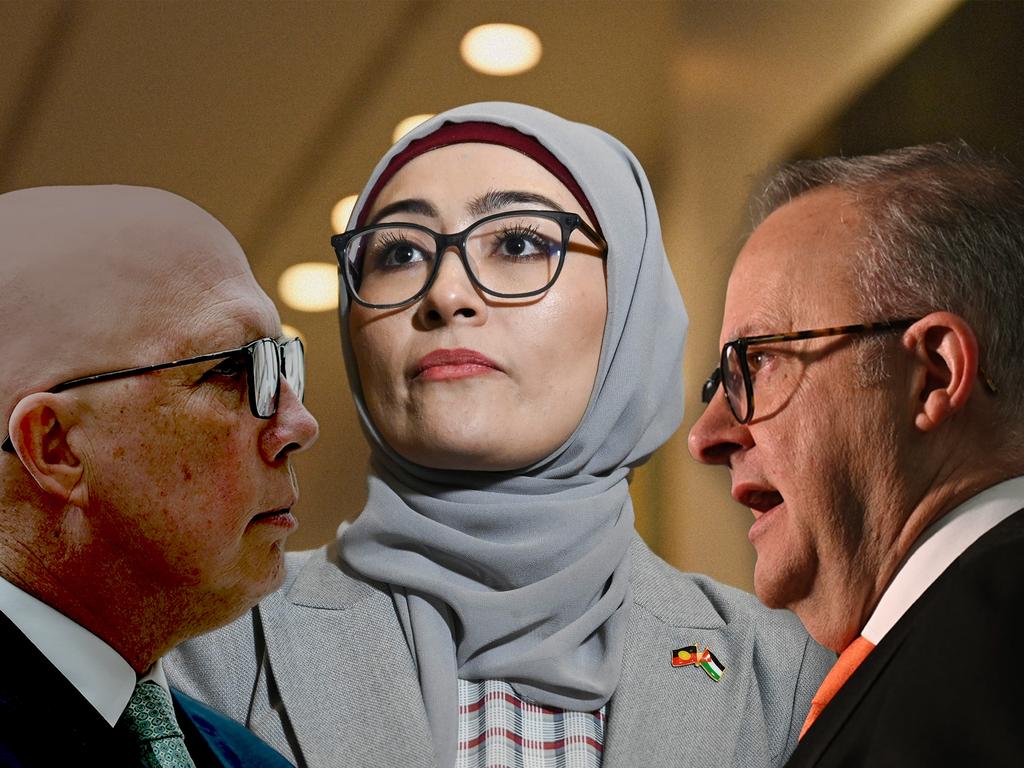

There has been so much media discussion of late about such entities in Australia as “the Muslim community” and “the Muslim vote”. Which raises the question: Do such entities exist?